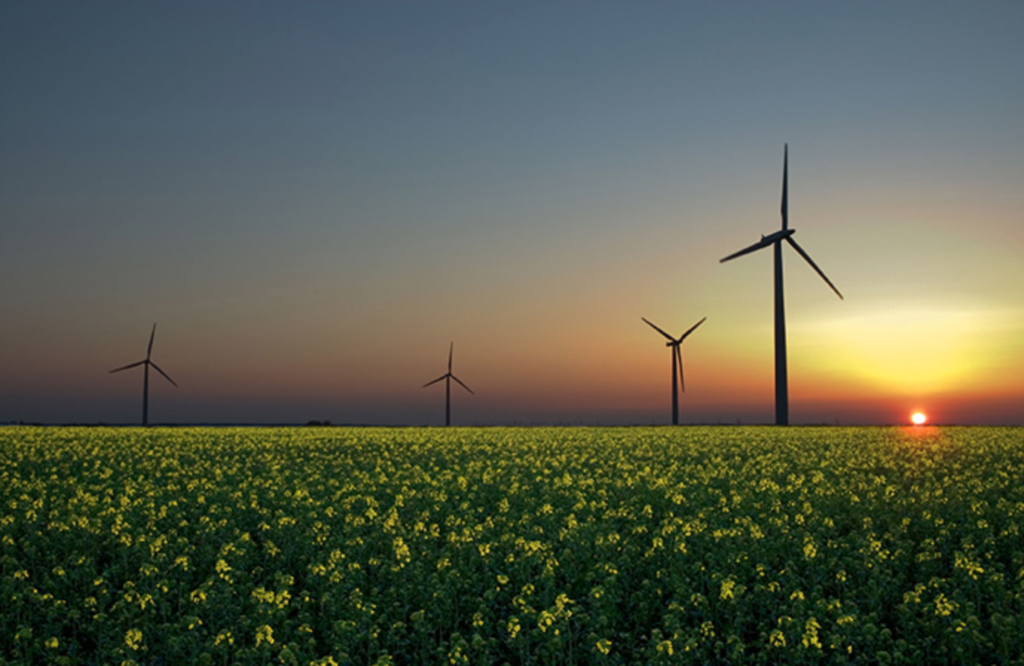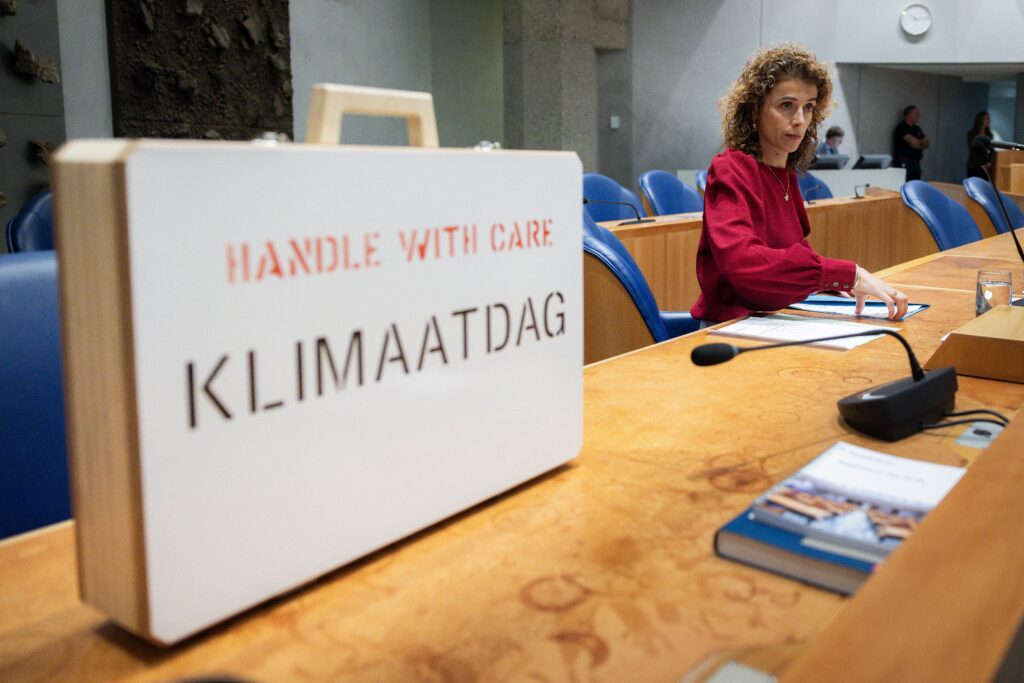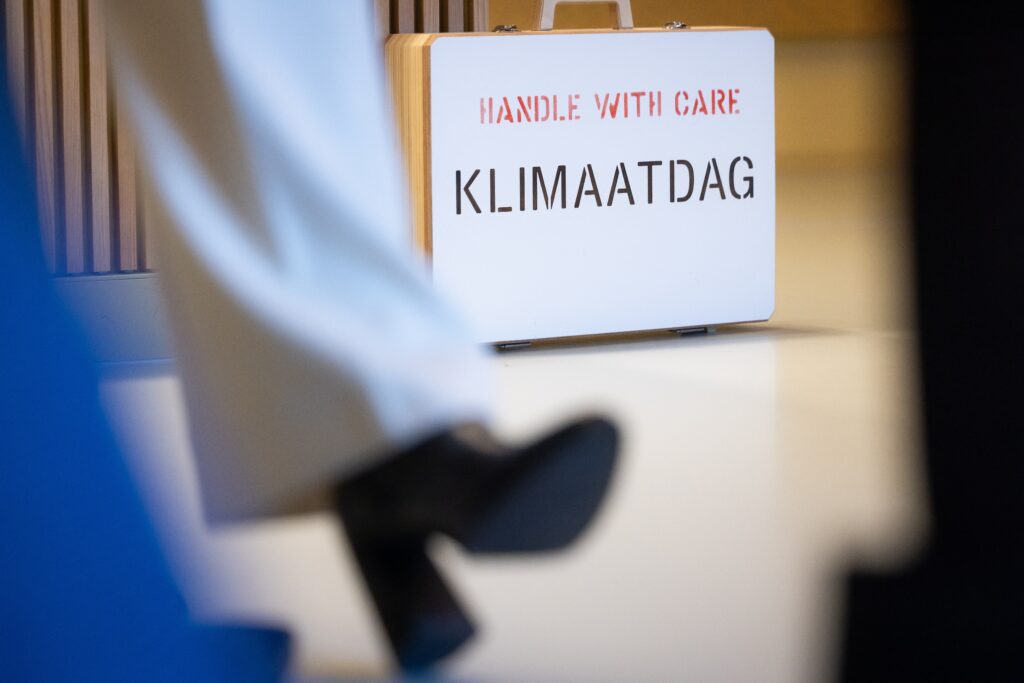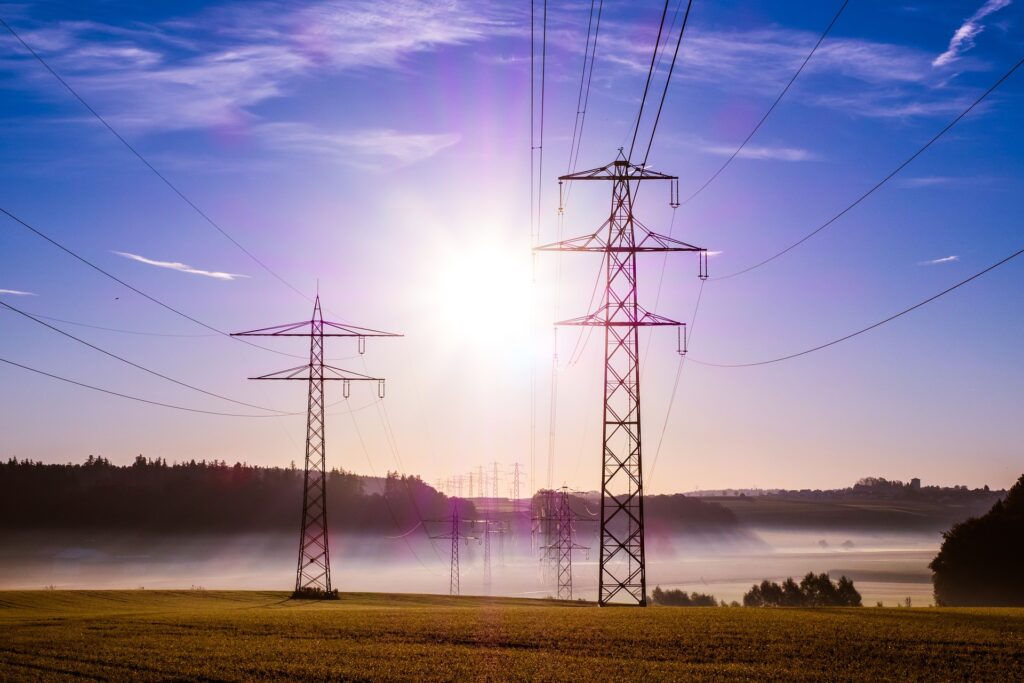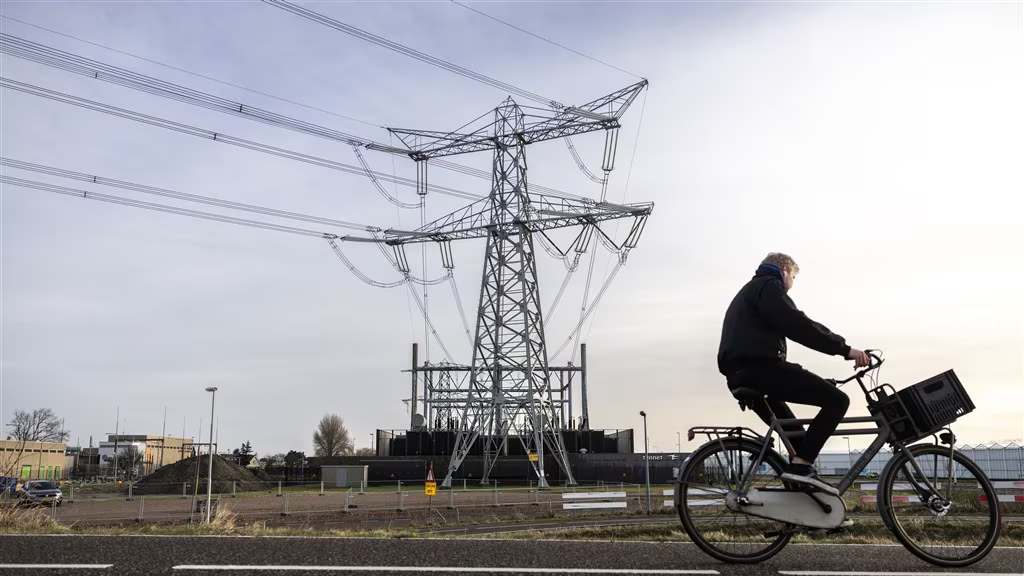TenneT's ten-year forecast offers valuable insights into the development of grid tariffs for the next ten years. This forecast supports grid users in shaping their strategy and making investment decisions. Energie-Nederland calls for controlling the expected increase in grid rates by using general tax resources so that grid operators are not forced to (continually) increase their grid rates to finance the transition. In addition, Energie-Nederland also advocates the rapid development of practical proposals that encourage flexible energy consumption, for example through congestion management, which can contribute to more connections and a more resilient and sustainable energy system.
Although the expected strong and long-term increase in grid tariffs poses a challenge, it also offers opportunities to find innovative solutions that promote the energy transition. Electrification and the use of electrolysers remain essential for new sustainable production, despite expected cost increases. And as TenneT notes, further electrification, and thus a growth in the number of connections, is the most important way to dampen the increase in grid rates for all users. (Temporarily) encouraging electrification by lowering grid rates will result in lower grid rates for all grid users in the medium term.

